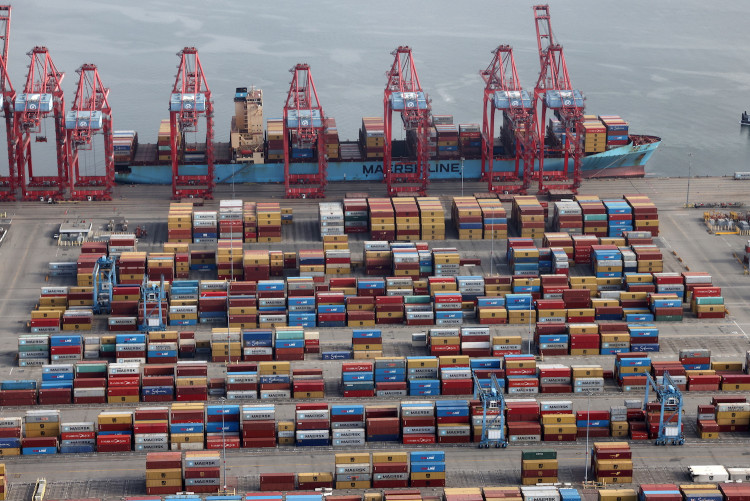The spillover of the Israel-Palestine conflict into the Red Sea is posing a new threat to global trade.
On December 20, a report from Kuehne+Nagel, a global transportation and logistics company, revealed that 103 container ships have opted to circumnavigate the Cape of Good Hope to avoid the Red Sea, resulting in an extended travel time of one to two weeks. The company anticipates an increase in the number of container ships taking this detour in the coming days.
Moreover, media reports indicate that insurance costs for merchant ships still navigating the Red Sea have skyrocketed this week, jumping from about 0.1% to 0.2% of the ship's value to 0.5%. This means a ship valued at $100 million must pay approximately $500,000 in insurance premiums per voyage.
In contrast, oil tankers and liquefied petroleum gas carriers are currently in a more favorable position due to tight capacity utilization rates. Additionally, the ongoing drought affecting another major canal, the Panama Canal, has significantly enhanced their bargaining power with clients.
However, container fleets are facing a particularly challenging situation. The global container trade has been weak for an extended period, and in August, shipping giant Maersk predicted a 4% contraction in global container trade for the year.
Even with the current "Red Sea crisis," utilization rates for container fleets are only expected to increase from 77% to 88%, according to predictions by investment firm Jefferies. This is in contrast to the current utilization rate of 95% for oil tankers, meaning that even with the detour, container fleets have less bargaining power than oil tankers and liquefied petroleum gas carriers.
Rising oil prices, leading to increased fuel costs, would further exacerbate the situation for container fleets.
Earlier, Maersk announced its third-quarter earnings, revealing a drastic 94% drop in pre-tax profits to $691 million compared to the same period last year. The company cited overcapacity, rising costs, and weak pricing as reasons for the decline and announced plans to lay off at least 10,000 employees.
Maersk, controlling about 17% of global container trade and transporting goods for major retailers and consumer goods companies like Walmart and Nike, is considered a barometer of global trade.






